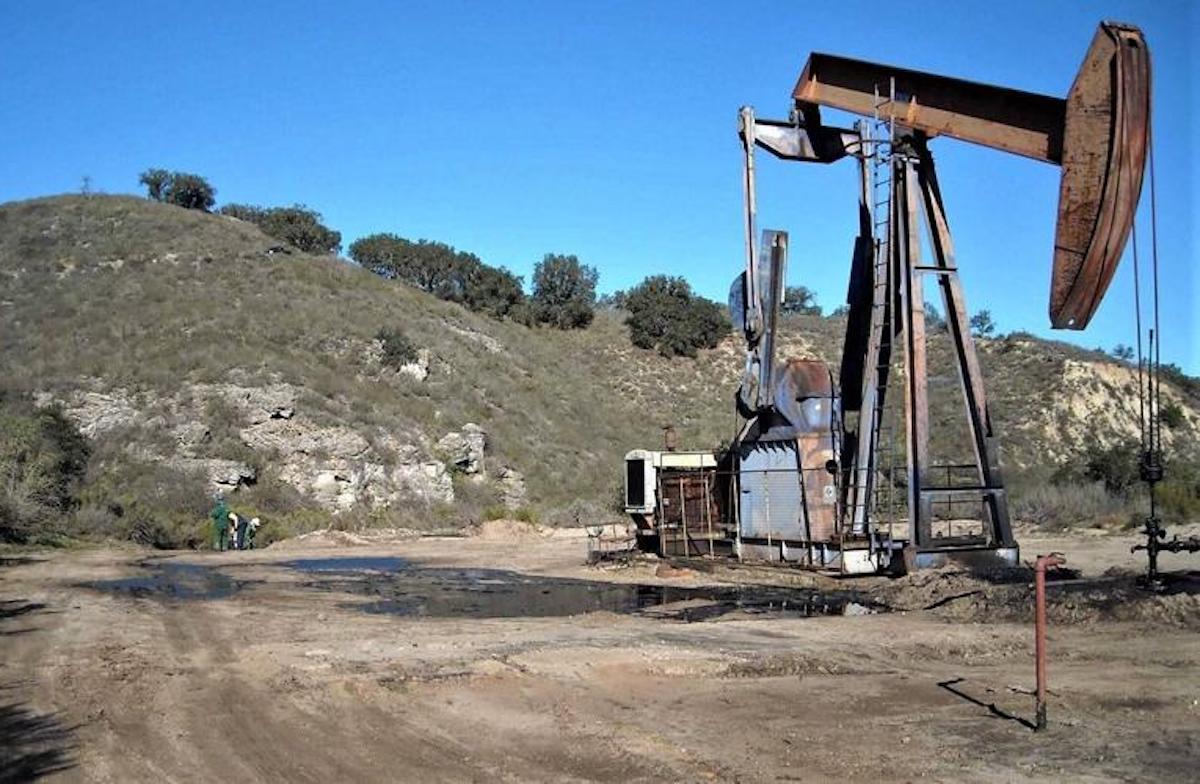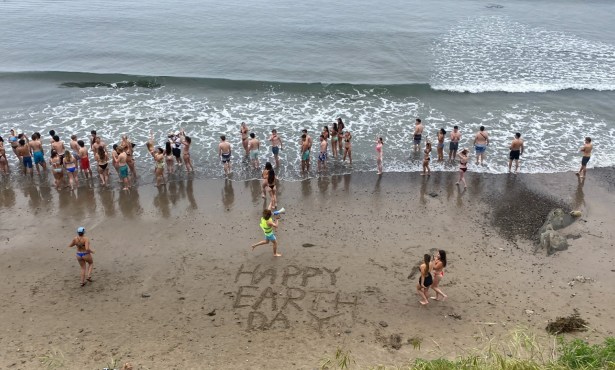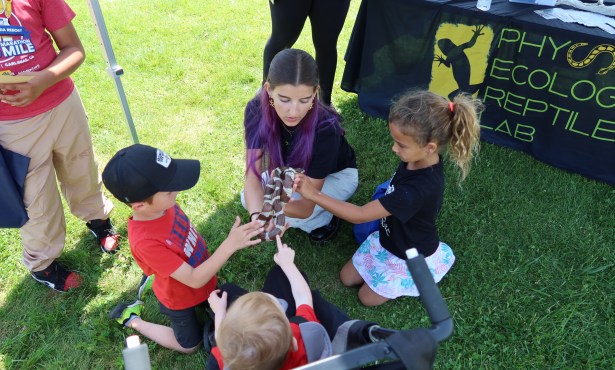Supervisors ‘Wholly Disagree’ with Grand Jury’s Findings on Idle Oil Wells
County Staff Says State, not County, Responsible for Addressing Issues Outlined in Report

Three of the five Santa Barbara County Board of Supervisors voted Tuesday to “wholly disagree” with four Grand Jury findings detailing concerns over idle oil wells in the county.
The Grand Jury had determined that seepage from idle oil wells posed risks of methane release and contamination of soil and groundwater, but the wells were inadequately identified and monitored. Also, their fiscal liabilities were unknown, the county had too few staff in the petroleum unit, and idle wells remained in place too long.
In reply, county staff said it was the state, not the county, that was responsible for all those things except for county staffing. As a result, the county had no ability to comply. As far as staffing went, one employee had been on medical leave, but an overlap of personnel in other divisions could fill in.
Supervisor Das Williams had authored legislation to identify idle oil wells when he was an assemblymember, and he acknowledged that the state’s Geologic Energy Management Division (CalGEM) oversaw properly abandoning oil wells statewide. Attorney Alicia Roessler with the Environmental Defense Center protested that inspections were visual and didn’t include soil or water analysis. She also pointed out that the county relied on CalGEM to regulate idle wells but had no idea where the agency’s inventory came from or when it inspected.
In response to Williams’s wondering why wells were idle when prices were sky-high — a barrel of oil went to $130 in the wake of the Russian invasion of Ukraine from about $70 in 2021 — Bob Nelson replied that most oil wells were in his 4th District. The operators kept their legacy wells to keep a toehold in a county that was unlikely to allow them “a new hole,” he said. He also noted that you couldn’t start a well with the flick of a switch — several structures were involved — and that getting the oil to a processing facility was another hurdle.
The quandary supervisors faced was that they had one meeting left before an answer was due, but they had questions that would take a few months to answer. And, as Lavagnino pointed out, it would be helpful to have the state agencies present to help answer them at a hearing.
The board acknowledged the Grand Jury had identified issues that they weren’t sure they could address, or were, as Nelson said, leading to duplications in the regulations. Both Nelson and Supervisor Gregg Hart voted against the motion to “wholly disagree” with the Grand Jury’s findings, though the board took the sting out of the wholesale disagreement by looking to more analysis in three months’ time.
Support the Santa Barbara Independent through a long-term or a single contribution.



